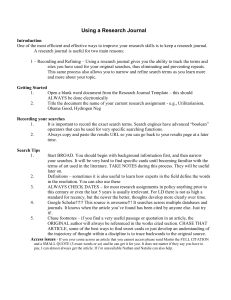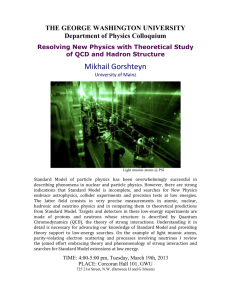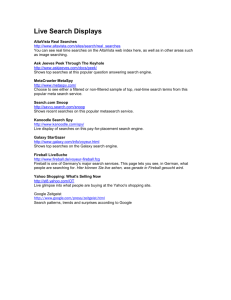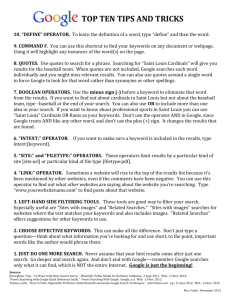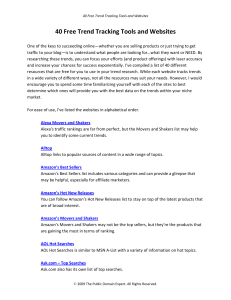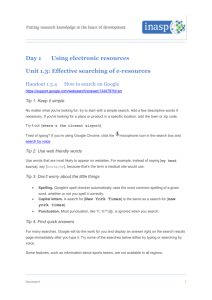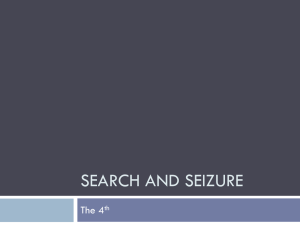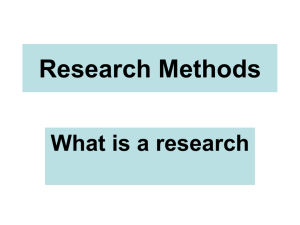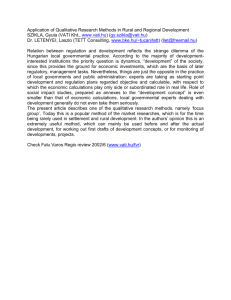IWS Seminar - Vermont Association of Translators and Interpreters
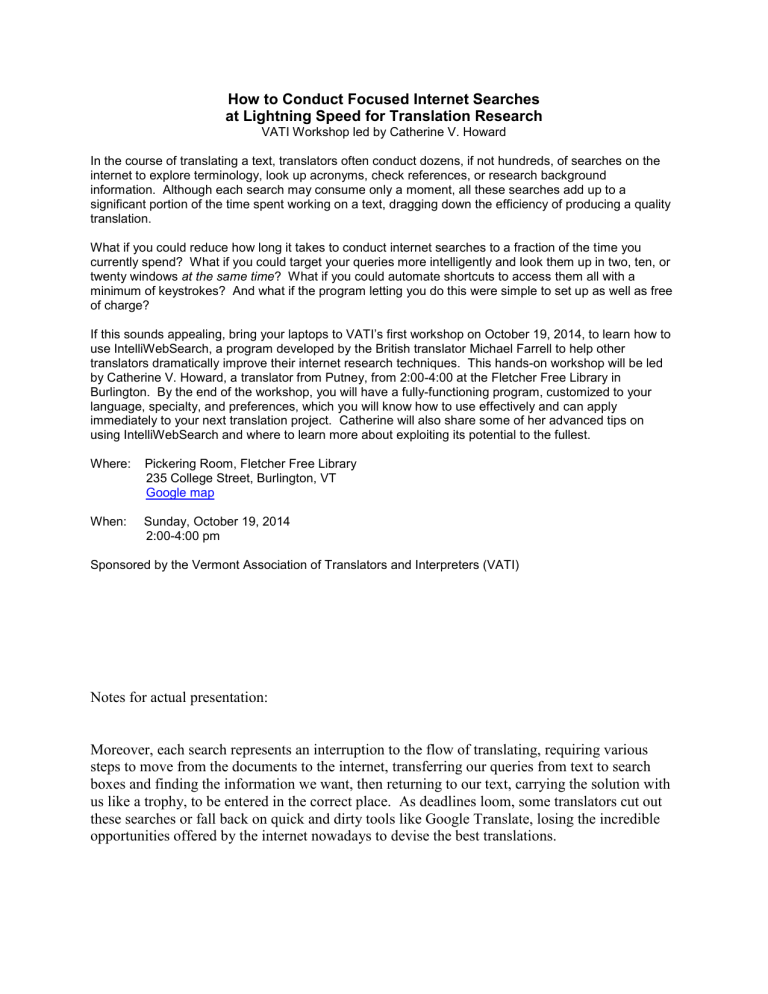
How to Conduct Focused Internet Searches at Lightning Speed for Translation Research
VATI Workshop led by Catherine V. Howard
In the course of translating a text, translators often conduct dozens, if not hundreds, of searches on the internet to explore terminology, look up acronyms, check references, or research background information. Although each search may consume only a moment, all these searches add up to a significant portion of the time spent working on a text, dragging down the efficiency of producing a quality translation.
What if you could reduce how long it takes to conduct internet searches to a fraction of the time you currently spend? What if you could target your queries more intelligently and look them up in two, ten, or twenty windows at the same time ? What if you could automate shortcuts to access them all with a minimum of keystrokes? And what if the program letting you do this were simple to set up as well as free of charge?
If this sounds appealing, bring your laptops to VATI’s first workshop on October 19, 2014, to learn how to use IntelliWebSearch, a program developed by the British translator Michael Farrell to help other translators dramatically improve their internet research techniques. This hands-on workshop will be led by Catherine V. Howard, a translator from Putney, from 2:00-4:00 at the Fletcher Free Library in
Burlington. By the end of the workshop, you will have a fully-functioning program, customized to your language, specialty, and preferences, which you will know how to use effectively and can apply immediately to your next translation project. Catherine will also share some of her advanced tips on using IntelliWebSearch and where to learn more about exploiting its potential to the fullest.
Where: Pickering Room, Fletcher Free Library
235 College Street, Burlington, VT
Google map
When: Sunday, October 19, 2014
2:00-4:00 pm
Sponsored by the Vermont Association of Translators and Interpreters (VATI)
Notes for actual presentation:
Moreover, each search represents an interruption to the flow of translating, requiring various steps to move from the documents to the internet, transferring our queries from text to search boxes and finding the information we want, then returning to our text, carrying the solution with us like a trophy, to be entered in the correct place. As deadlines loom, some translators cut out these searches or fall back on quick and dirty tools like Google Translate, losing the incredible opportunities offered by the internet nowadays to devise the best translations.
IntelliWebSearch resources
Main website: www.intelliwebsearch.com
Please register at: http://www.intelliwebsearch.com/register.html
To learn more about IntelliWebSearch:
Yahoo listserv: https://groups.yahoo.com/neo/groups/IntelliWebSearch-l/info
Facebook: http://www.facebook.com/IntelliWebSearch
Twitter: http://twitter.com/IntelliWSearch
Google+: https://plus.google.com/+Intelliwebsearch
YouTube: http://www.youtube.com/user/intelliwebsearch
Scoop.it!: http://www.scoop.it/t/intelliwebsearch
LinkedIn: http://www.linkedin.com/groups?home=&gid=1772746
Three-part on-line course, taught by Michael Farrell, developer: through eCPD
Seminars: http://www.ecpdwebinars.co.uk/page_intelliweb.html
expensive (105 Euros, or US$130), but not if you consider tool is free; course has incredible amount of material, way more than you could ever figure out for yourself, and much more than I’ve presented here
Farrell’s first online seminar:
Basic search engine concepts:
Default operation
Phrase search
Truncation
Stop words
Boolean operators
Fields
Sorting
Advanced search options
Keywords
Setting up IntelliWebSearch
Second seminar:
Specific search techniques:
Glossaries (mono/bilingual)
Parallel texts
Single terms
Abbreviations or acronyms
Quotations or titles
Idioms or boilerplate phrases
Adding new searches with wizard, manually, or through website
Third seminar:
Advanced techniques and local dictionaries
